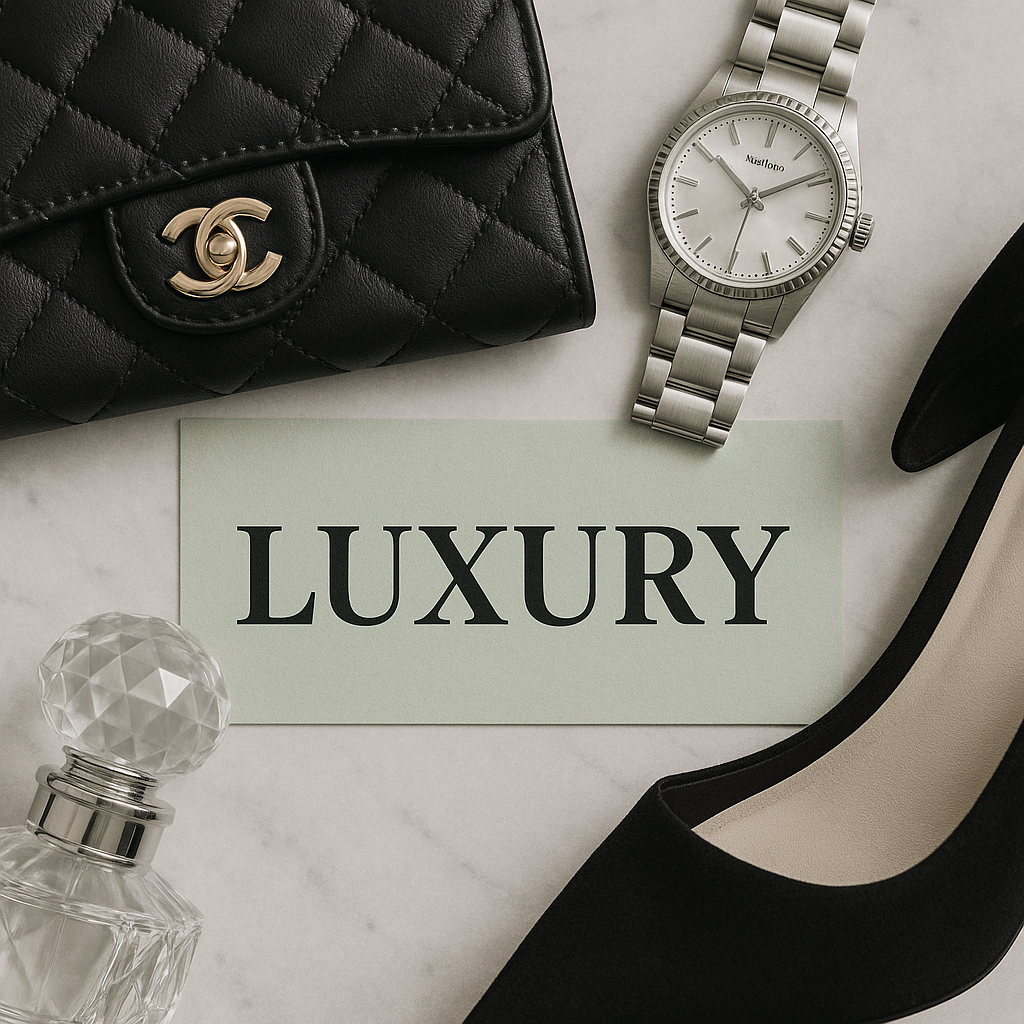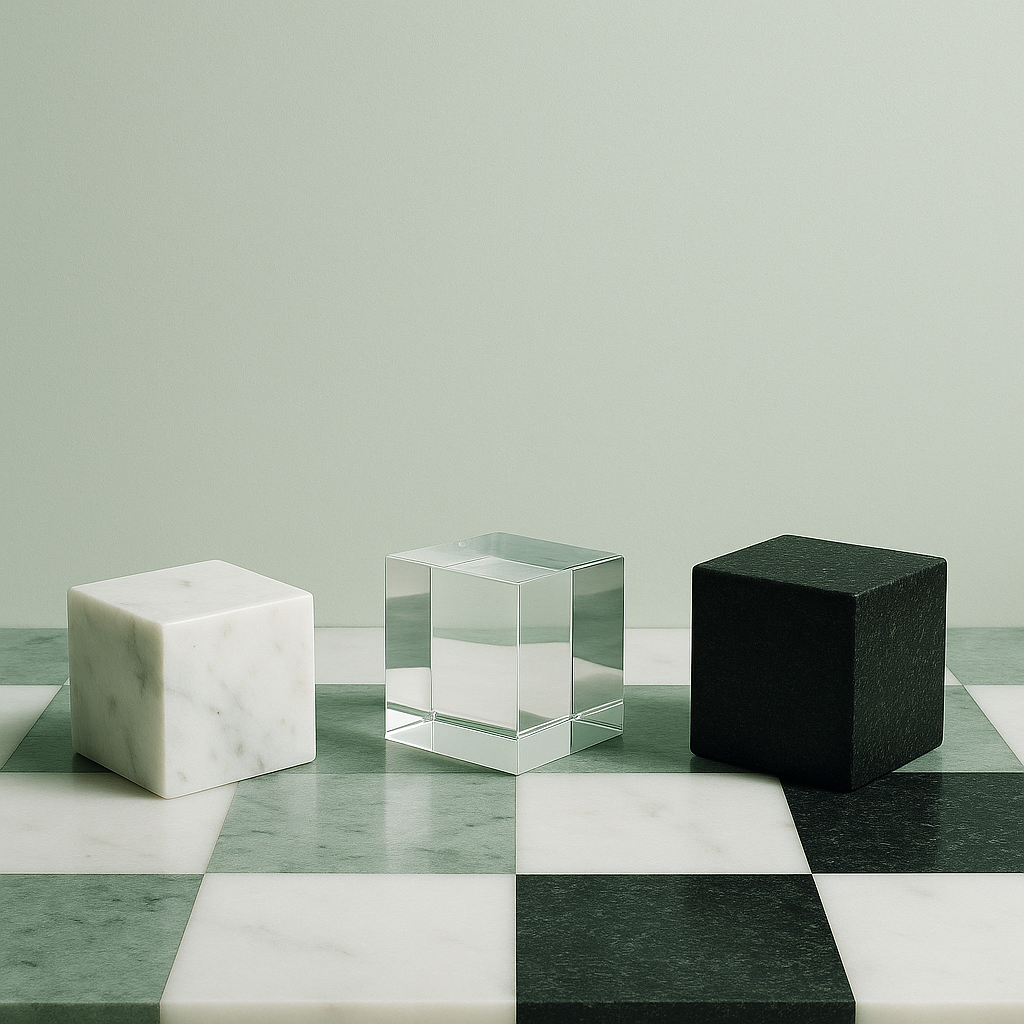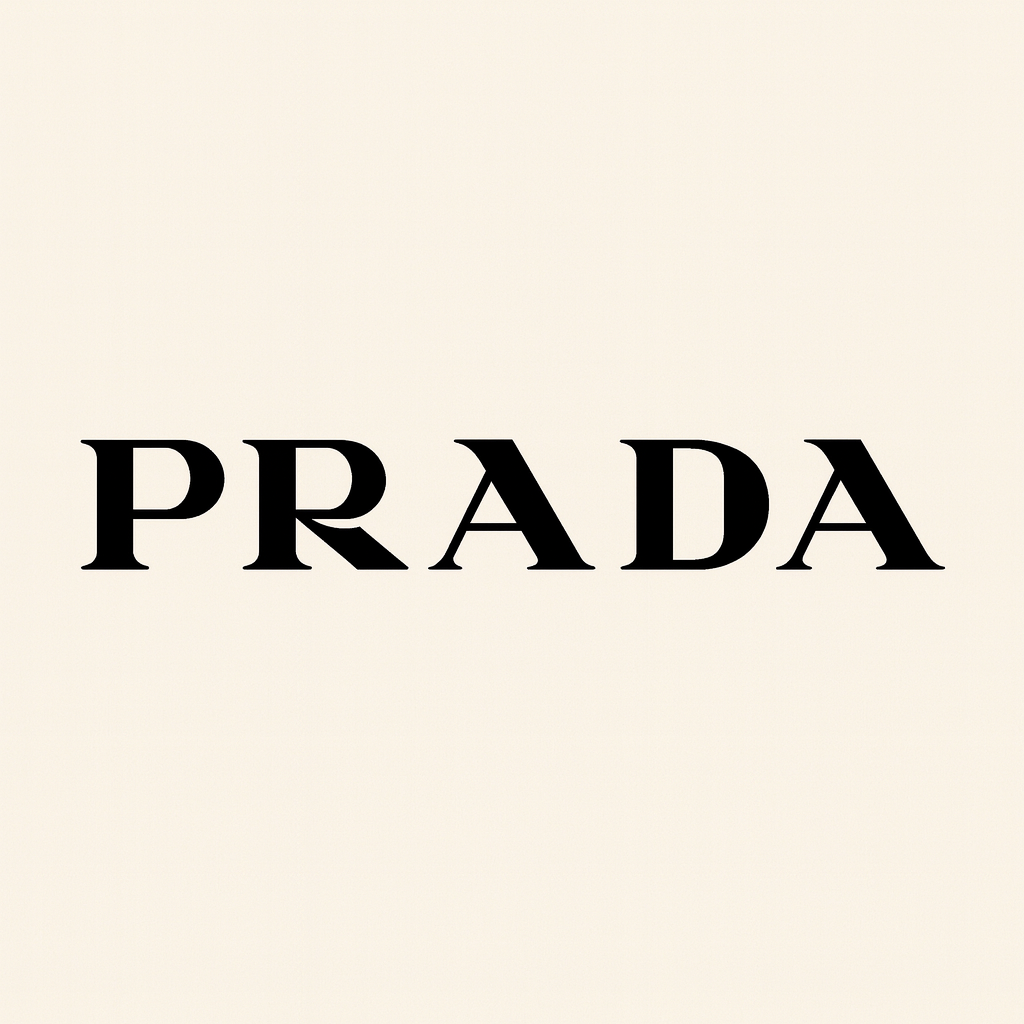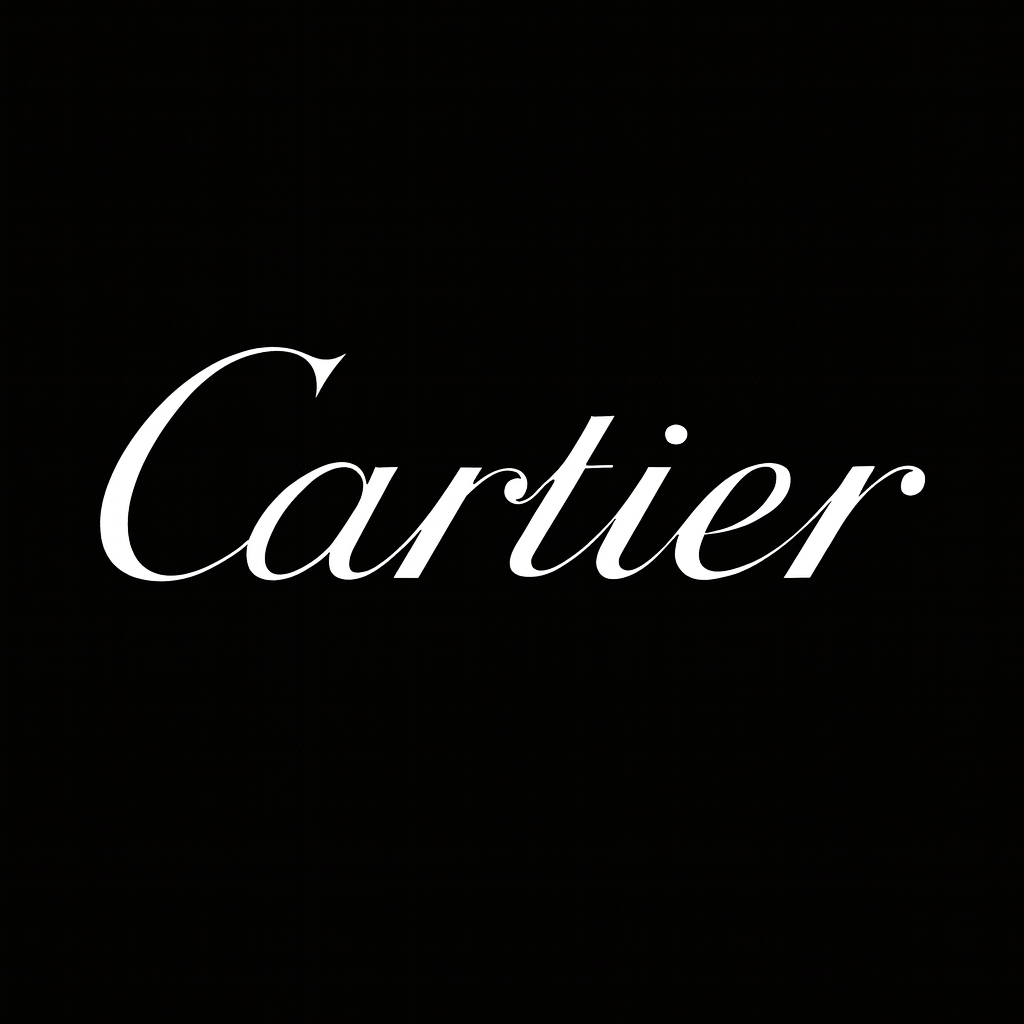
"Luxury" Business Model
Luxury isn't just about high prices; it's a distinct business model that creates desire through exclusivity, scarcity, and a profound understanding of its clientele. The "Luxury" model is built on a specific strategy, and it shouldn't be confused with a premium or fashion strategy. It's built on a unique framework that separates it from mere premium brands.
At the core of this model lies a triangular pattern, where each corner represents a crucial element:
- WHO? This model targets the very top financial bracket—the super-rich who already have everything.
- HOW? Value is created by providing unique, high-quality products and services that offer extraordinary privileges. This is where the product goes beyond its functional purpose to become a symbol of uniqueness and self-actualization.
- WHAT? The core appeal is to the values of the ultra-wealthy. Luxury goods and services are not just about acquisition; they're about displaying personal taste and achieving a level of distinctiveness that money alone cannot buy.
This business model thrives on the "snob effect," a microeconomic principle where a good becomes more desirable as its price and scarcity increase. Unlike mass-market products, which sell more as prices fall, luxury items like high-end watches or limited-edition cars sell better at higher prices. The perceived value of the product is directly tied to its inaccessibility. Lamborghini, for example, built its legacy not on mass production but on a limited-edition approach, crafting cars that are as much works of art as they are vehicles, designed for a select few.
This model redefines the relationship between brand and customer. It's not about serving a broad market, but about intensely serving a very small, exclusive one. This approach allows brands to maintain high profit margins, as their value is not determined by production costs but by the intangible qualities of rarity and prestige they confer.
While the foundations of luxury trace back to antiquity, when Roman patricians and royalty used opulent goods to display their status, the Luxury business model is just as relevant, and perhaps even more radical, today.
The modern super-rich are the new royalty, and they seek experiences and products that reflect their elevated position.
One example can be Lamborghini; Founded by Ferruccio Lamborghini in 1963, the company deliberately positioned itself against Ferrari by focusing on power, rarity, and design. With limited production runs and iconic models like the Miura and Countach, Lamborghini became a symbol of engineering supremacy and status. Customers don’t just buy cars; they buy entry into an exclusive world.
Another example from my own background (hospitality) is Jumeirah Group; Best known for the Burj Al Arab in Dubai, often described as the world’s only seven-star hotel, Jumeirah epitomizes luxury hospitality. Its extravagant architecture, Rolls-Royce chauffeur service, and private helipads are designed to attract the global elite. Guests are not simply accommodated — they are immersed in an atmosphere of grandeur, that far exceeds five-star standards.
To apply Luxury business model, there are some critical questions that modern luxury brands must address:
- How do you create value for people who already have everything? The answer lies in offering experiences that go beyond material possessions. It's about access, novelty, and the ability to fulfill desires that are not for sale on the open market.
- How do you handle fluctuating demand? For a model built on scarcity, demand is a unique challenge. Luxury brands must carefully manage supply to ensure their products remain exclusive, even if it means turning away customers.
- What kind of employees are needed? Delivering on extremely high expectations requires a staff that is not only highly skilled but also deeply committed to providing flawless service and discretion, ensuring every interaction reinforces the brand's exclusive promise.
Luxury is about selling dreams, stories, and a sense of belonging to an exclusive world. From ancient Roman patricians to modern space tourists, the wealthy have always sought distinction. Brands that succeed in this space, understand that their role is not to serve needs but to create desires.
By
September 15, 2023
.png)
.png)



